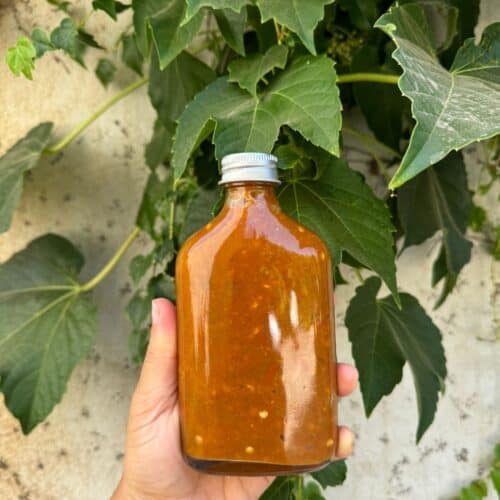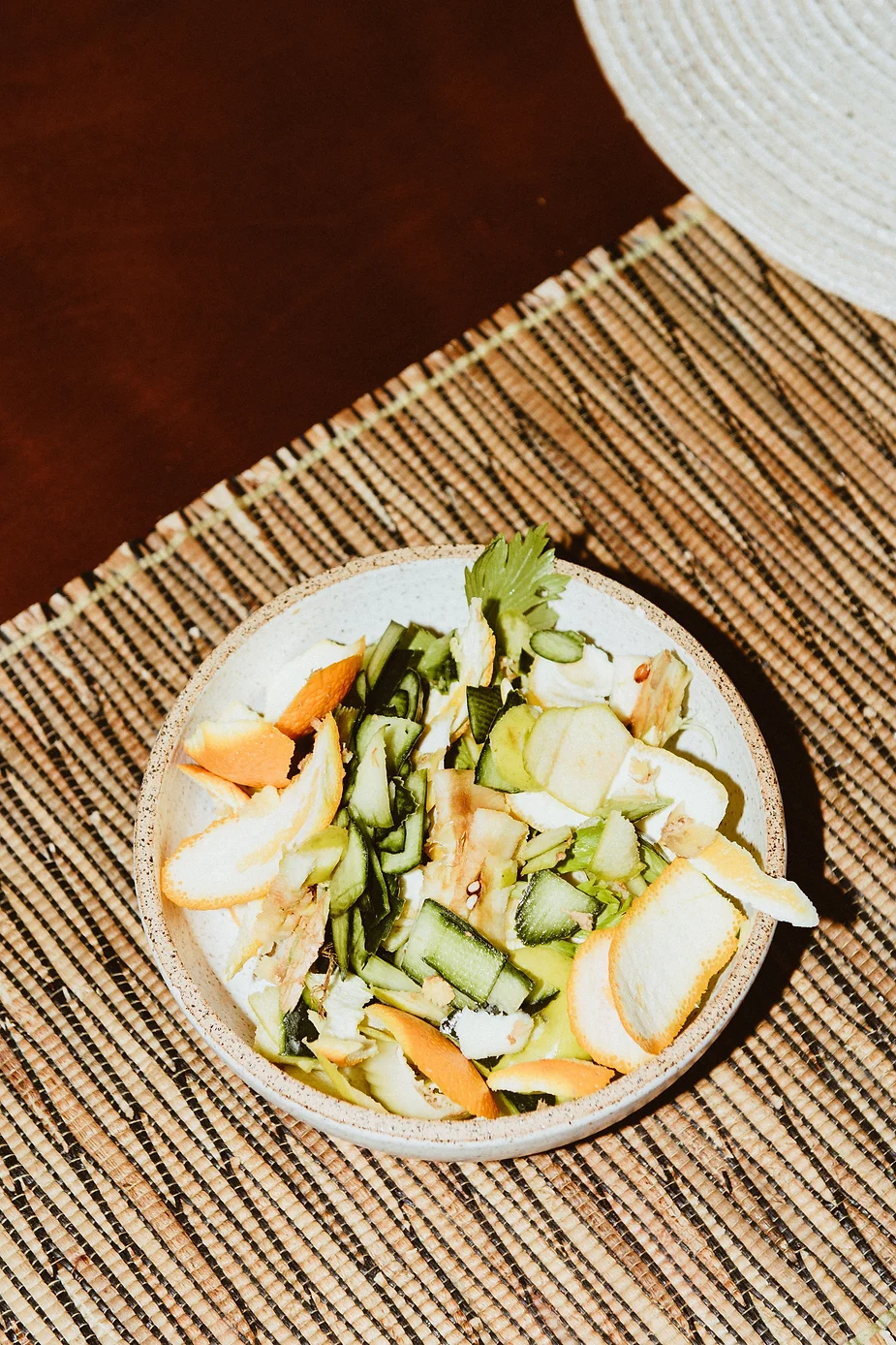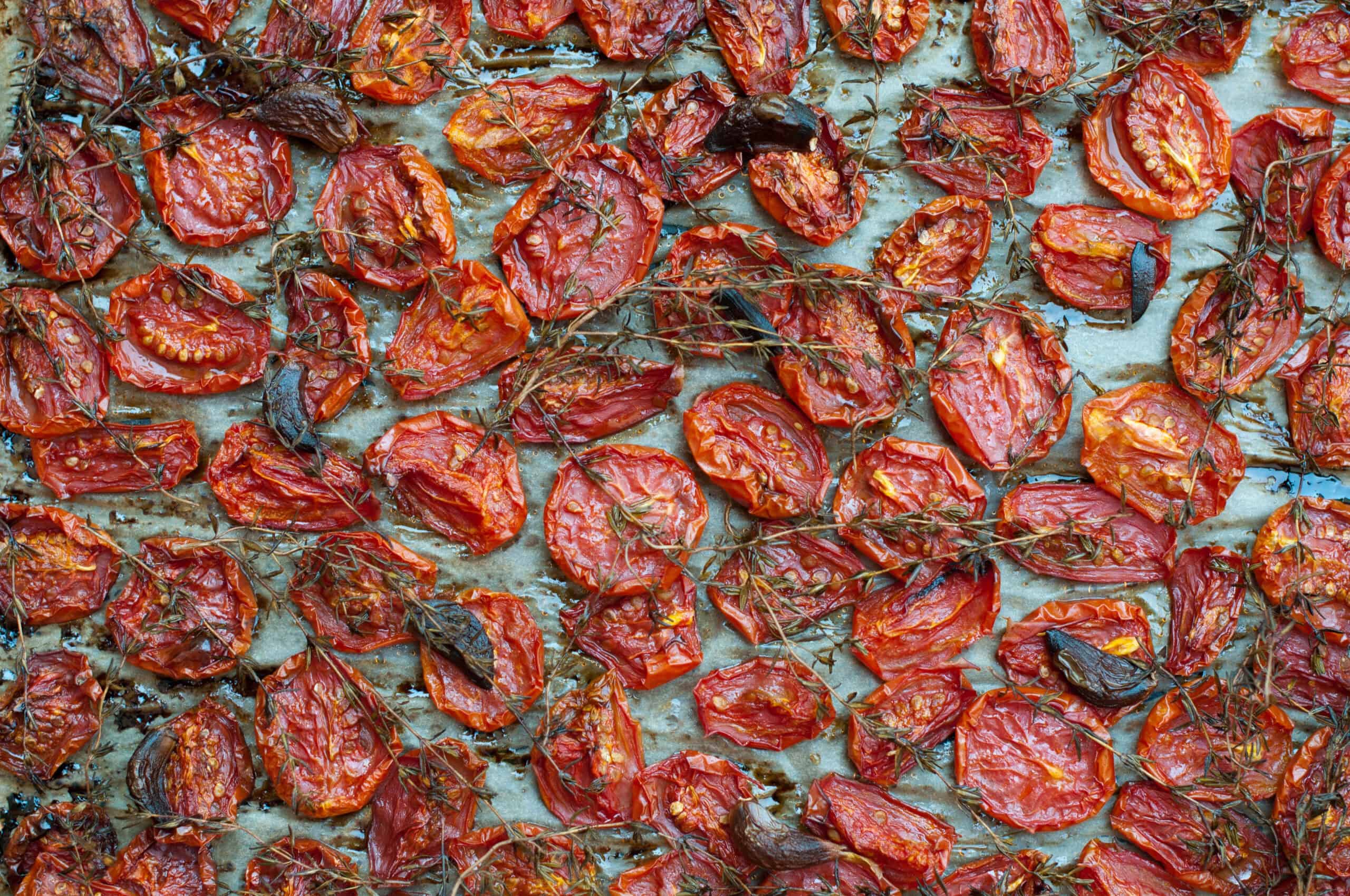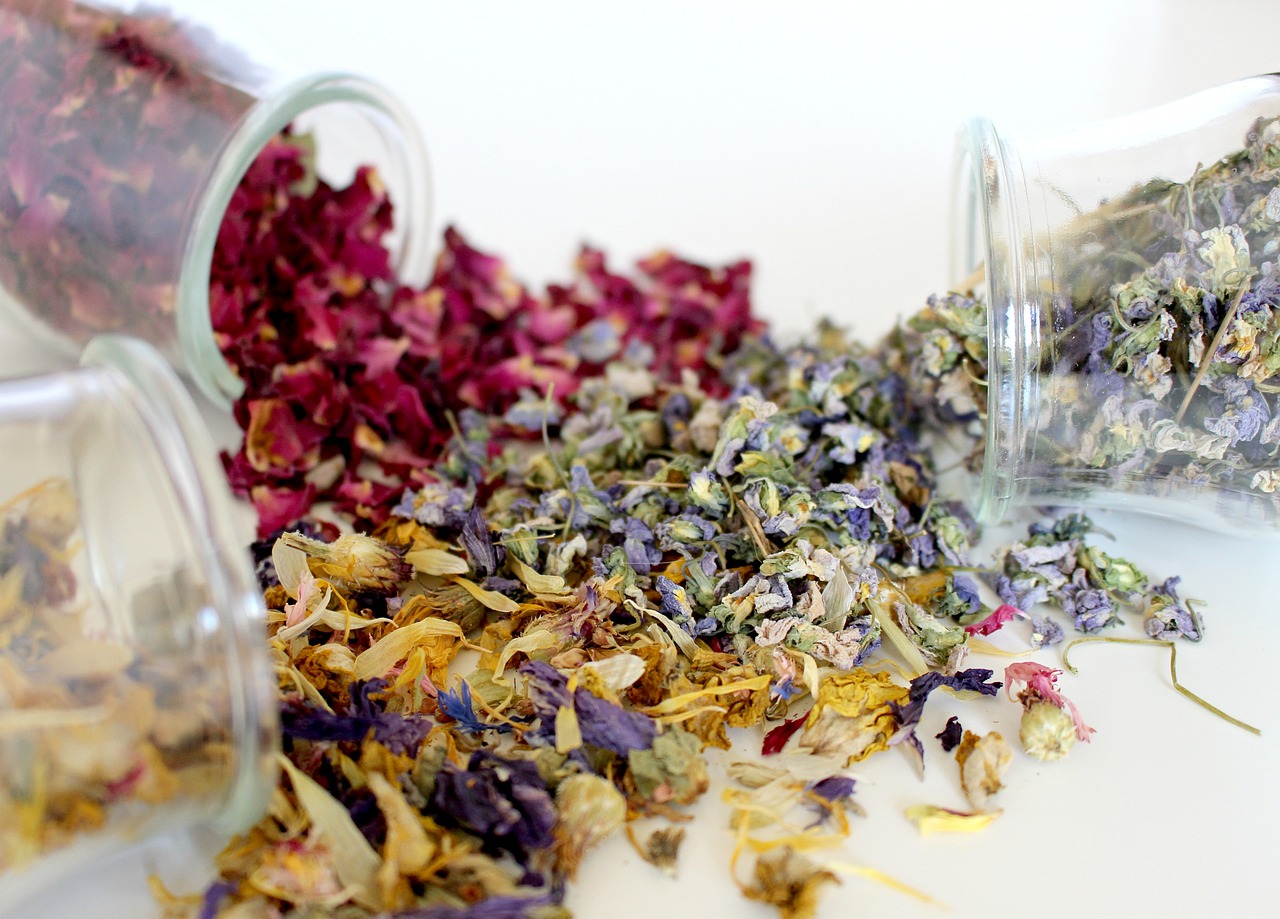Homemade Fermented hot Sauce
If you love adding a spicy kick to your meals, homemade hot sauce is a must-try condiment. This fiery, flavorful sauce, inspired by a modified recipe from Joshua Weissman, uses red fresno peppers straight from the garden. The result is a unique, fermented hot sauce that packs a punch and offers a depth of flavor you won’t find in store-bought versions. Whether you’re using it to spice up your eggs, adding it to soups, or drizzling it over tacos, homemade sriracha brings heat and complexity to any dish.
Why Homemade Fermented hot Sauce?
Making sriracha like sauces at home gives you full control over the ingredients, ensuring a fresh, pure product. Here’s why you should consider making your own:
- Control Over Ingredients: You choose the peppers and the level of heat.
- Cost-Effectiveness: Using peppers from your garden or buying in bulk can save money compared to store-bought options.
- Freshness and Quality: Homemade hot sauce is free from preservatives and artificial ingredients, providing a cleaner, more robust flavor.
- Customization: Tailor the spice level and flavor profile to your personal preference by adjusting the types of peppers and other ingredients.
Health Benefits of Key Ingredients
Peppers
- Rich in Vitamins: Red fresno peppers are high in vitamins A and C, essential for immune function and skin health.
- Antioxidants: They contain capsaicin, which has anti-inflammatory properties and can help reduce pain.
- Metabolism Booster: Capsaicin can boost metabolism and promote weight loss by increasing energy expenditure.

Fermented Hot Sauce Recipe
Ingredients
- 1.25 pounds 540g Mixed Peppers (For less spicy you can add more mild peppers)
- 1.25 quarts 1163g water
- 3.5 tablespoons 51g fine sea salt
Instructions
- Prepare the Peppers: Wash the peppers thoroughly. Remove the stems and roughly chop them, keeping the seeds for extra heat.
- Create Brine: Dissolve 3.5 tablespoons of sea salt in 1.25 quarts of water to create a brine solution.
- Ferment: Place the chopped peppers in a clean glass jar. Pour the brine over the peppers, ensuring they are fully submerged. Use a fermentation weight or a small dish to keep the peppers submerged under the brine.
- Ferment: Cover the jar loosely with a lid or cheesecloth and let it sit at room temperature for five to seven days to ferment. Check daily to release gases and ensure the peppers remain submerged.
- Blend: After fermentation, blend the peppers with some of the liquid it fermented in until smooth.
- Strain: Pour the blended mixture through a fine mesh sieve or cheesecloth into a clean bottle to remove the solids, resulting in a smooth sauce.
- Store: Transfer the strained sriracha to a sterilized bottle with a tight seal. Store it in the refrigerator, where it will keep for several months.
- Enjoy: Your homemade sriracha is now ready to use. Enjoy it immediately or let it age for a deeper, more complex flavor.
Video
How to Use Your hot-sauce
- Condiment: Use it as a spicy condiment for eggs, sandwiches, and burgers.
- Marinade: Mix with soy sauce and sesame oil for a flavorful marinade for chicken, beef, or tofu.
- Soup Enhancer: Add a spoonful to soups, stews, and broths for an extra kick.
- Dip: Combine with mayonnaise or sour cream for a spicy dip for fries, veggies, or chips.
Customization Ideas
- Different Peppers: Experiment with different types of peppers to vary the heat and flavor.
- Fermentation Time: Adjust the fermentation period for your preferred tanginess.
- Additional Ingredients: Add herbs or spices for additional layers of flavor.
Sustainability and Freshness
Making hot sauce at home is a sustainable practice that reduces reliance on store-bought products with unknown ingredients. By using peppers from your garden, you minimize food waste and maximize the use of your harvest. Homemade fermented hot sauce can be stored in the refrigerator for several months, maintaining its freshness without the need for preservatives. Always use clean utensils when handling the sauce to prevent contamination and extend its shelf life.
Tips for Perfect Recipe
- Use Fresh Peppers: Fresh, ripe peppers will give the best flavor and heat.
- Proper Fermentation: Ensure the fermentation jar is loosely covered to allow gases to escape and prevent pressure build-up.
- Blending Consistency: Blend the mixture thoroughly to achieve a smooth texture before straining.
- Storage: Keep the contents in a sterilized bottle and refrigerate to maintain its freshness and flavor.
Conclusion
Homemade hot sauce is a versatile, spicy addition to your kitchen that can enhance a wide range of dishes. By making it yourself, you ensure the highest quality and can customize it to your liking. Experiment with different peppers and flavors to discover your favorite combination. Enjoy the fiery taste and share your homemade fermented hot sauce with friends and family.
Acknowledgement
This recipe’s fermentation technique is inspired by Joshua Weissman’s fermented hot sauce recipe. You can check out his original recipe here.






